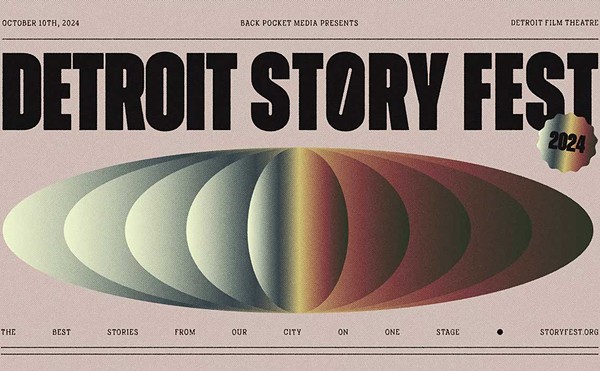For many seasons, filmmaker Spike Lee has seemed content to cast his net of subjects widely, without great focus or even much human interest. He has often trailed gems such as She's Gotta Have It and Do the Right Thing with flotsam such as Crooklyn or, God forbid, the unbearable Clockers. As Lee's career approaches a sort of patron phase, regularly supporting young black directors' debut films, He Got Game offers his most powerfully direct work in years.
Lee's third collaboration with actor Denzel Washington, Game opens on a prison court where Jake Shuttlesworth (Washington), a prisoner serving a 25-year sentence, plays ball with some other inmates. He is summoned by the warden with an incredible offer: Jake's sentence can be commuted if he convinces his son Jesus (Ray Allen) -- the No. 1 high school basketball player in America -- to sign with Big State, the governor's alma mater. As his name suggests, the super-talented Jesus has healing powers and everyone, including his estranged father, has need of him.
As one might surmise, director and die-hard New York Knicks fan Lee sets his story up efficiently and effectively, in simple, forceful terms. We quickly come to identify with the downtrodden Jake as he embarks on his mission. Interestingly, with Lee's usually jumbled narrative style honed down to two lines, that of plot and subplot, the tale quickly builds dramatic strength. At long last, Spike has rolled us another tight, very agreeable "joint."
The direction is tersely affecting, and among many great performances -- including that of NBA star Allen -- Roger Guenveur Smith does a singular turn reprising his street-orator role from the classic Deep Cover. Smith's theater-weaned hand fuels an uncanny sequence where a savvy player warns Jesus of the temptations awaiting him outside Coney Island's courts.
But this is a broad tour de force, with countless little pleasures gracing the tale of reconciliation between Jake and Jesus. With stunning camera work from Malik Hassan Sayeed and two equally exalted music sources -- new songs from Public Enemy and a score of Aaron Copland selections -- Lee achieves sublimity in depicting the father, the son and the holy game.
Send comments to [email protected].





